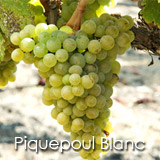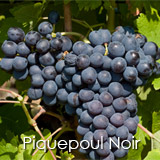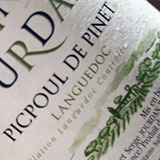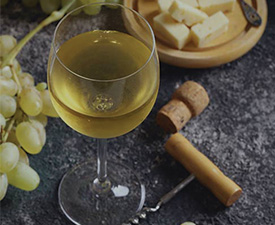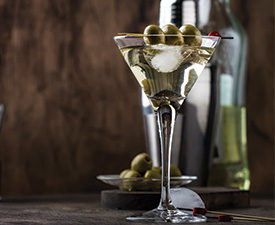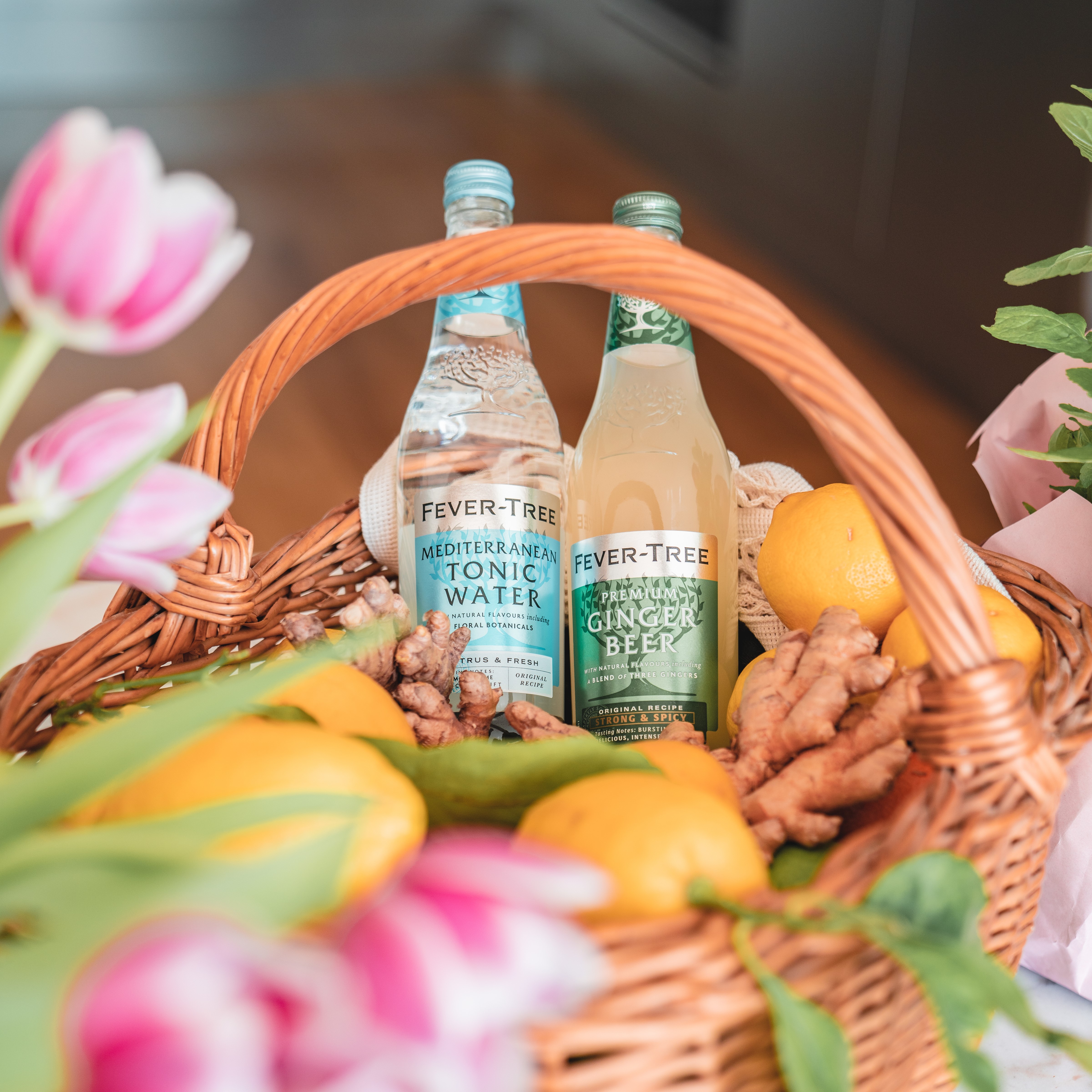Piquepoul is a variety of wine grape grown primarily in the Rhone Valley and Languedoc regions of France, with a history dating back to the 17th century. It comes in dark-skinned (Piquepoul Noir) and light-skinned (Piquepoul Blanc) versions, as well as a very little grown Piquepoul Gris. Piquepoul Blanc is the most common of the Piquepouls, with 1,426 hectares cultivated in France in 2007, and is slowly increasing.
Piquepoul tends to bud late and has some sensitivity to oidium. The grapes names loosely translating to "lip stinger", Picpoul Blanc produces wines known in France for their bright acidity, minerality, and clean lemony flavour of the grapes.
Piquepoul had a reputation as a quality grape - being blended with Clairette Blanche to produce the wine Picardan (a historical sweet wine) in the 17th & 18th centuries. Following the invasion of phylloxera, plantings of the Piquepoul varietal dwindled. At the end of the 19th century growers planted hardier, more disease resistant varietals - due to its susceptibility to fungal diseases such as oidium and its low yield.
In the vineyard, Picpoul is not a difficult varietal to grow. It flowers early, making it somewhat susceptible to frost, but ripens relatively late. Picpoul is usually one of the last white varietal to be harvested. Picpoul Blanc as a single varietal wine shows a rich nose of pear, pineapple and spice. On the palate, bright flavours of pineapple and orange are balanced by crisp acidity, and a lingering finish.
In Languedoc, Picpoul Noir can produce wines high in alcohol, and richly scented, but have a very pale colour, which has made the variety more popular as a blending ingredient than as a producer of varietal wines.
Both the Blanc and Noir versions of Piquepoul are permitted blending grapes for the production of Chateauneuf-du-Pape - being found on the list of 13 permitted blending wines - though Picpoul Noir is rarely used. Picpoul Blanc is the basis of Picpoul de Pinet, one of the Crus of Coteaux du Languedoc.
